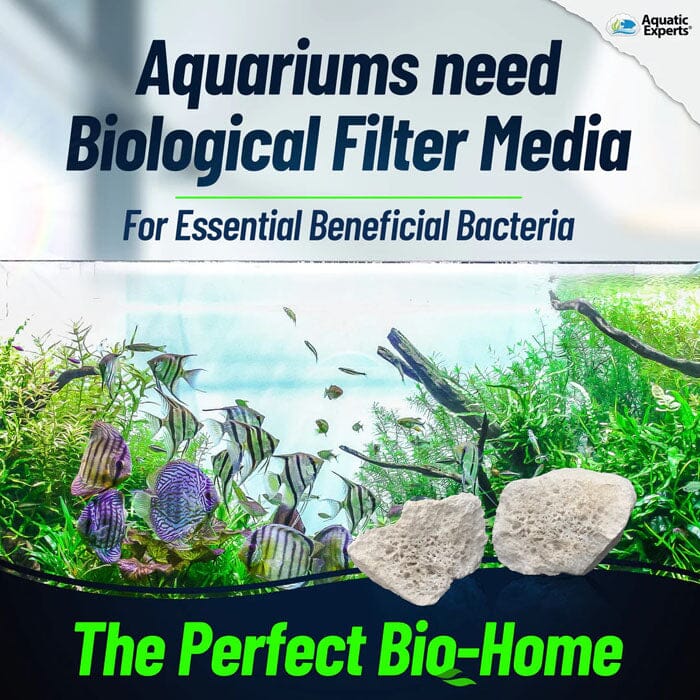The effectiveness of filtration systems depends significantly on the type of filter media used. By understanding the pros and cons of different filter media types, you can make an informed decision that best suits your filtration needs.
Understanding Filter Media
Filter media are materials that aid in the filtration process, serving various roles depending on their types and applications. They are pivotal in applications ranging from water treatment to air purification. Understanding filter media types is the first step toward optimizing filtration systems.
Analysis of Various Types of Filter Media
To provide a comprehensive overview, we will explore the pros and cons of five key filter media types. These are as follows:
- Mechanical
- Biological
- Chemical
- Activated carbon
- Ceramic
Mechanical Filters
Mechanical filters work by physically trapping particles. They are common in applications like pool filtration and HVAC systems.
Pros and Cons
Mechanical filters are simple and efficient, making them suitable for various applications. However, they require frequent replacement or cleaning to maintain their effectiveness.
Biological Filters
Biological filters leverage living organisms to remove contaminants, making them ideal for aquarium filtration and wastewater treatment applications.
Pros and Cons
While biological filters offer natural and effective filtration, they require careful maintenance to keep the organisms healthy.
Activated Carbon Filters
Activated carbon filters function through the process of adsorption, effectively removing organic compounds and chlorine. These filters are fundamental to many water and air purification systems, significantly improving taste and eliminating unpleasant odors.

Pros and Cons
Activated carbon filters are renowned for their ability to remove odors and enhance taste. They are proficient in adsorbing organic compounds and can also eliminate certain types of gases from the air, thereby improving indoor air quality.
Chemical Filters
Chemical filters use chemical reactions to remove or neutralize contaminants. They are essential in scenarios requiring the removal of specific chemical pollutants.
Pros and Cons
Chemical filters are incredibly efficient at removing certain pollutants but require careful handling due to potential chemical hazards.
Ceramic Filters
Ceramic filters utilize small pore sizes to filter out contaminants and are often used in water filtration.
Pros and Cons
Ceramic filters are durable and can filter out small particles, but they can clog easily and may require frequent cleaning.
Choosing the Right Filter Media
Several factors influence the choice of filter media, such as the type of contaminants, cost, and maintenance requirements. A comprehensive comparison of the pros and cons of each media type aids in making an informed choice.
Recent Advancements and Innovations in Filter Media
Advancements in filtration technology continually improve filter media efficiency and versatility. It's important to stay updated with these innovations as they can affect the pros and cons of each filter media type.
Frequently Asked Questions
What is the most common application for mechanical filters?
Mechanical filters are commonly used in pool filtration and HVAC systems due to their simplicity and efficiency in trapping particles.
How do biological filters work in wastewater treatment?
Biological filters utilize living organisms to remove contaminants in wastewater naturally, but they require careful maintenance to ensure the organisms' health.
Are activated carbon filters effective in improving indoor air quality?
Yes, activated carbon filters are highly effective in adsorbing organic compounds, removing certain gases, enhancing indoor air quality, and eliminating unpleasant odors.





